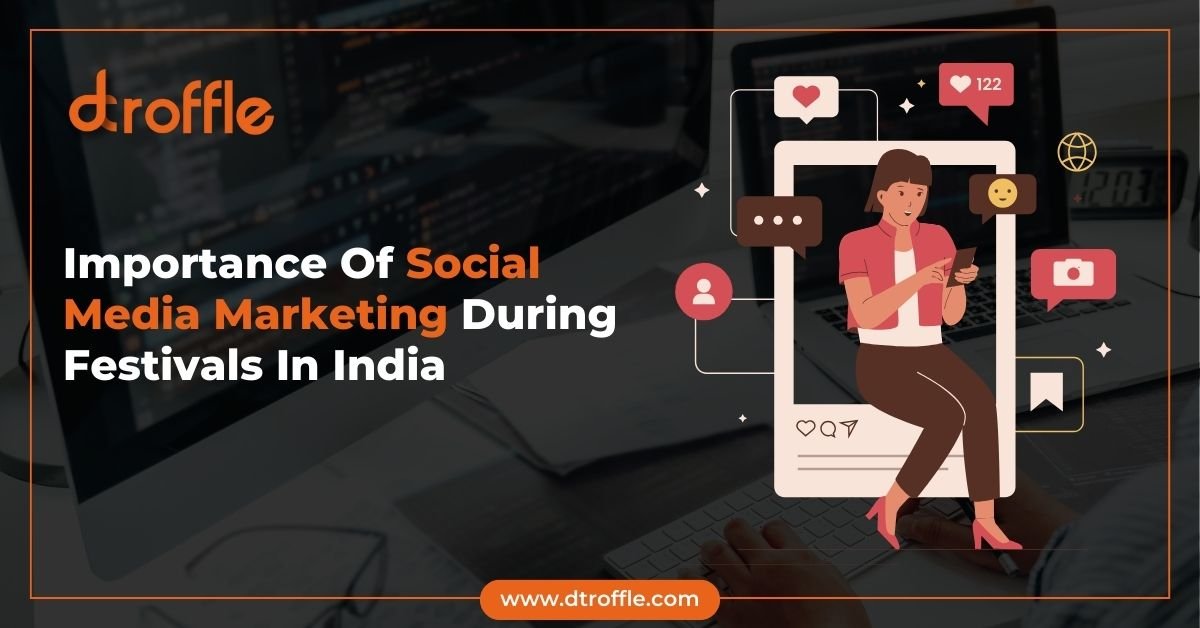Artificial Intelligence (AI) has revolutionized the marketing landscape, enabling businesses to reach and engage with their audiences in more personalized and efficient ways. From predictive analytics to automated customer service, AI drives significant changes in how companies approach their marketing strategies. Here are some of the best examples of AI in marketing:
1. Personalized Recommendations
Companies like Amazon and Netflix are renowned for their sophisticated recommendation engines powered by AI. These systems analyze users’ past behavior, preferences, and browsing patterns to suggest products, movies, or shows they will likely enjoy. This personalization boosts customer engagement and increases sales and retention rates.
2. Chatbots and Virtual Assistants
AI-powered chatbots and virtual assistants, such as those used by Sephora and H&M, provide customers instant support and personalized shopping experiences. These bots can handle a wide range of queries, from answering common questions to offering product recommendations, thus enhancing customer service and freeing human resources for more complex tasks.
3. Predictive Analytics
Predictive analytics involves using AI to analyze historical data and predict future trends. Companies like Starbucks utilize predictive analytics to anticipate customer needs and behaviors. By analyzing data from their loyalty programs, purchase history, and other sources, they can tailor marketing campaigns to individual customers, optimizing timing and content for maximum effectiveness.
4. Programmatic Advertising
Programmatic advertising leverages AI to automate the buying and placement of ads, targeting specific audiences with precision. Platforms like Google Ads use machine learning algorithms to determine the best ad placements and bidding strategies, ensure that ads reach the right people at the right time, increase ROI, and reduce wasted spend.
5. Content Creation and Curation
AI tools like Copy.ai and Jasper transform content marketing by generating high-quality written content. These tools can produce blog posts, social media updates, and video scripts based on input keywords and guidelines. Additionally, AI can curate content by analyzing user behavior and suggesting relevant articles, videos, or products, as seen with platforms like BuzzSumo.
6. Social Media Monitoring and Sentiment Analysis
AI-driven tools such as Hootsuite Insights and Brandwatch help brands monitor their social media presence and analyze sentiment around their products or services. These tools can gauge public sentiment, identify emerging trends, and respond to potential issues in real time by processing large volumes of social media posts, reviews, and comments.
7. Dynamic Pricing
Retailers like Walmart and airlines use AI for dynamic pricing, adjusting prices in real time based on demand, competition, and other factors. This strategy helps maximize profits and ensures competitive pricing by responding swiftly to market changes and customer behavior patterns.
8. Image and Voice Recognition
AI technologies such as Google’s Vision AI and Amazon’s Alexa are enhancing marketing efforts through image and voice recognition. These tools allow for more interactive and engaging customer experiences, such as visual search capabilities and voice-activated shopping, making it easier for customers to find and purchase products.
9. Email Marketing Automation
Platforms like Mailchimp and HubSpot use AI to optimize email marketing campaigns. AI can analyze subscriber behavior, segment audiences, and personalize email content, resulting in higher open rates and better engagement. Features like send-time optimization ensure that each recipient sends emails at the most effective times.
10. Customer Journey Mapping
AI helps marketers understand and map out the customer journey with greater accuracy. Tools like Adobe Experience Cloud use AI to analyze customer interactions across various touchpoints, providing insights into the paths that lead to conversions. This data enables marketers to create more targeted and effective campaigns, improving customer experience and loyalty.
Conclusion
AI is reshaping the marketing industry by offering innovative solutions that enhance personalization, efficiency, and effectiveness. By leveraging AI technologies, businesses can gain deeper insights into customer behavior, optimize their marketing efforts, and ultimately drive better results. As AI continues to evolve, its applications in marketing will likely expand, offering even more opportunities for businesses to connect with their audiences in meaningful ways.








